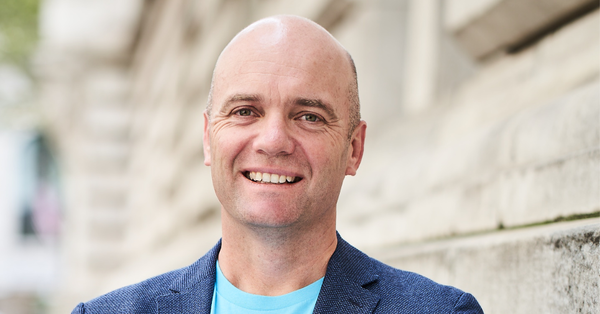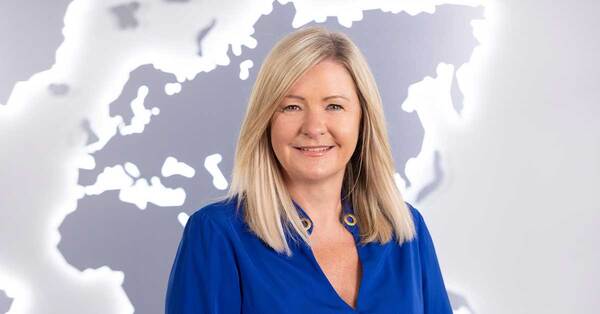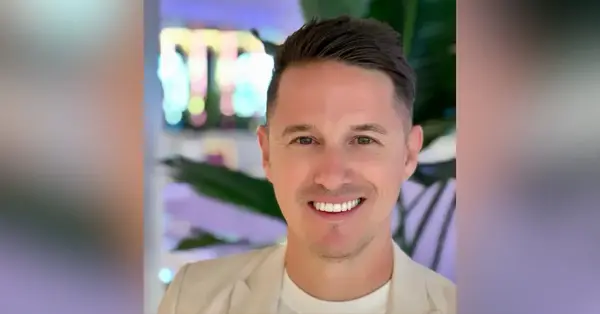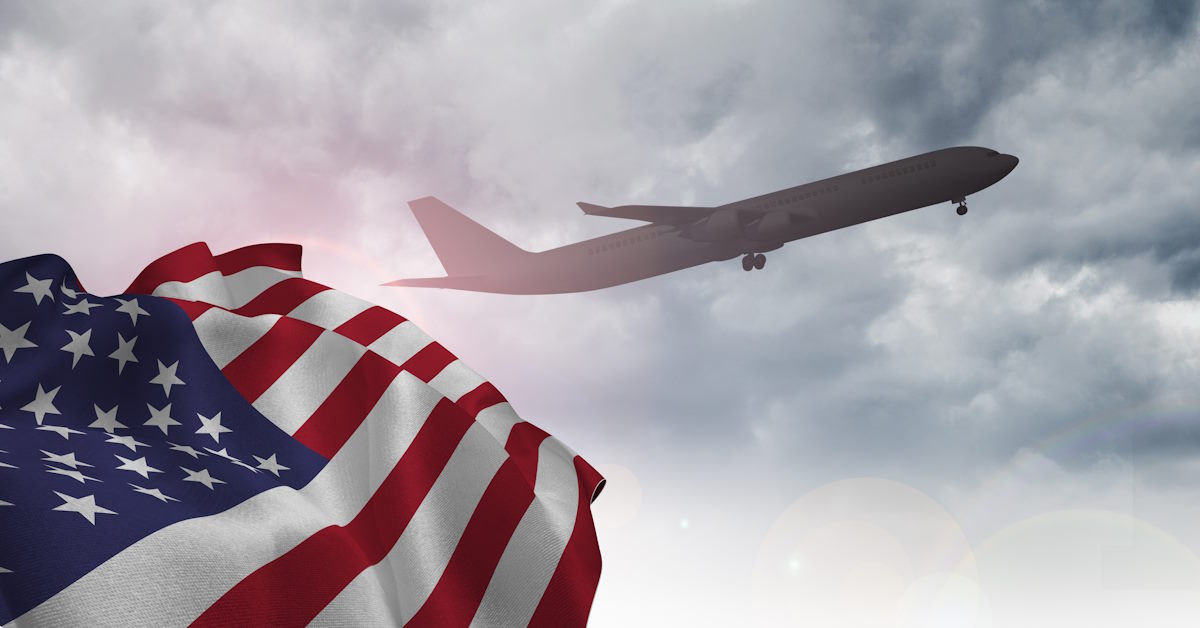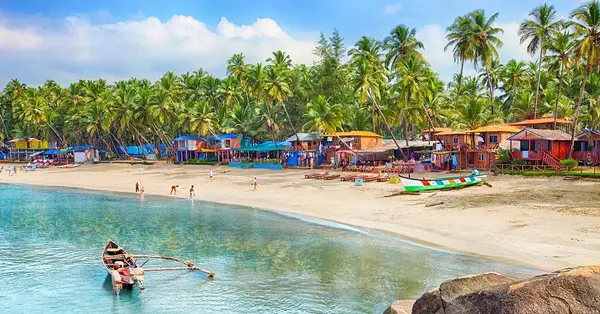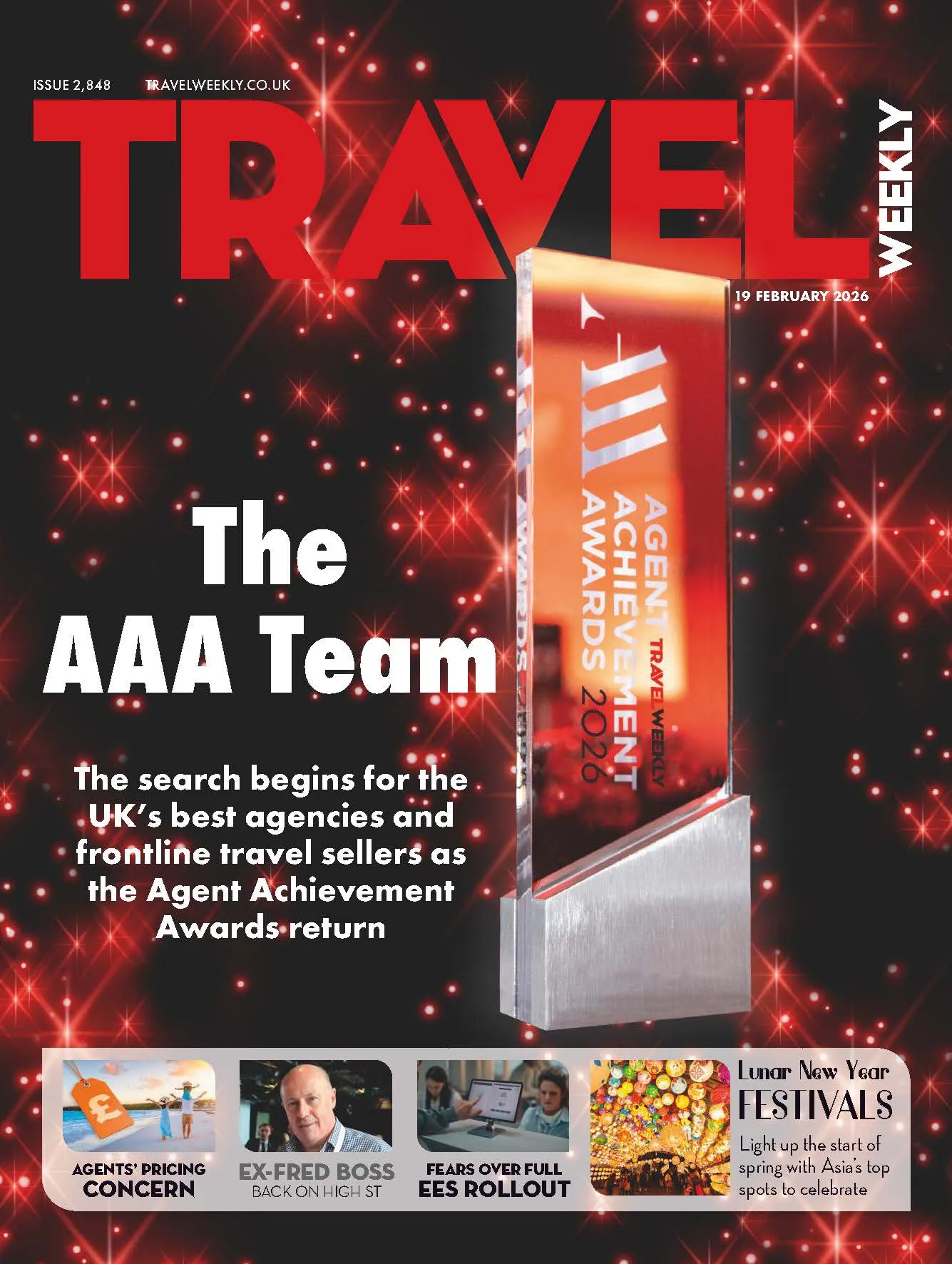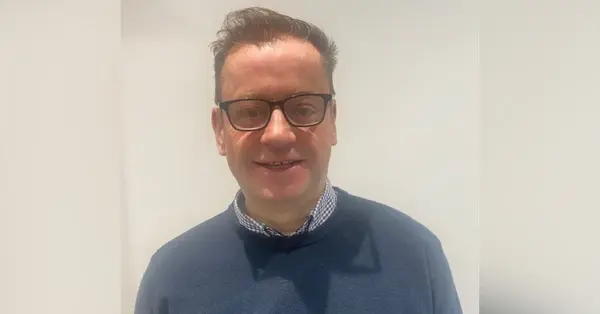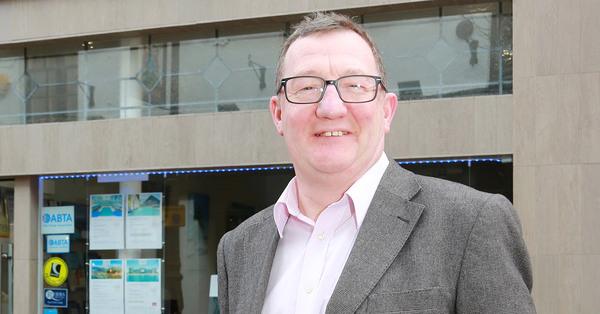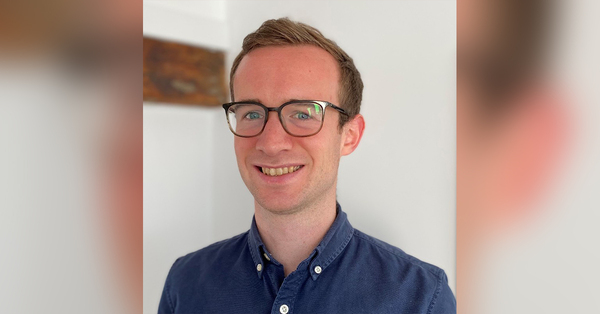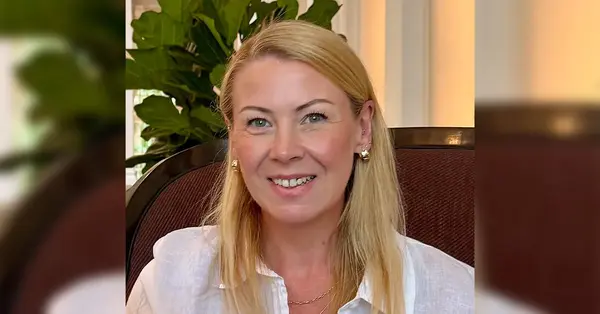You are viewing 1 of your 2 free articles
Comment: Accessible travel should mean freedom and spontaneity
When discussing accessibility, the biggest barrier we have to overcome is people’s perceptions of disability, which is a worldwide issue. The disabled community has billions of pounds of spending power, but nobody has ever taken a serious look at how to give us that five-star service experience.
We should not be seen as a burden or difficult but treated with the same respect as any paying customer. When dealing with a person with a disability, people should not make assumptions about what they can and can’t do. Instead, they should ask what they need and listen: listen to hear, not challenge.
For Spain and other countries to improve accessibility services, they need to ensure they have proper consultation with people who have disabilities, and to regularly ask them what they need and what they would like.
Too often, access needs and modifications are decided by non-disabled people, who tend to make crucial mistakes and overlook certain aspects. For example, another group to be considered are families that have a child or a parent with a disability. When we travel as a family, it’s important that both myself and my three-year-old son are catered for in terms of access and hospitality, but this importance is not always reflected in policy discussions.
Travel challenges
If you have a disability, from the moment you leave your house, you have to deal with challenges created by a world that wasn’t built for you. It’s a big deal for a person with a disability or a family with a child or parent who is disabled to travel. It usually costs us more money for the same type of experience as a non-disabled person, and the experiences we pay for are rarely guaranteed.
The stakes are higher, as a bad experience can often affect people’s confidence for the rest of their lives. To me, accessible travel means freedom and spontaneity. I want to be able to do everything someone without a disability can when I’m on holiday – and I want to be charged the same amount.
As ambassador for the Spain for All campaign, I think there is a huge opportunity to put the country at the forefront of change. This could be one of the most important moments in the history of Spanish tourism: to educate everyone who works in the tourism industry about how to cater for people with disabilities.
Overall, I would already rate Spain highly when it comes to access although, admittedly, it’s hard to make comparisons with other European destinations as I’ve visited Spain far more frequently. But more still needs to be done.
Wonderful solutions
For me, as a wheelchair user, challenges come from many places, including old-town cobbled roads, taxis and access to beaches. Airports can always work on improving how they treat people with disabilities, and there also needs to be an increase in the number of hotels with wheelchair-accessible rooms.
If we’re willing to think out of the box, there are wonderful solutions to all of these problems. Creative architects and engineers or forward-thinking councils
can work together with people with disabilities to help make old towns, beaches, wildlife parks and mountain ranges places that all of us can enjoy.
We should also be willing to learn from destinations that are doing accessibility well.
I’ve always thought of Barcelona as an accessible city because of the changes that were made after the 1992 Paralympic Games. It was great when I visited about eight years ago – travelling around the city was a positive experience.
If we can change attitudes and mindsets towards disabled tourism, we can achieve something bigger than just ramps and lifts. We will improve the lives of people and families that have felt let down and left behind by society.


